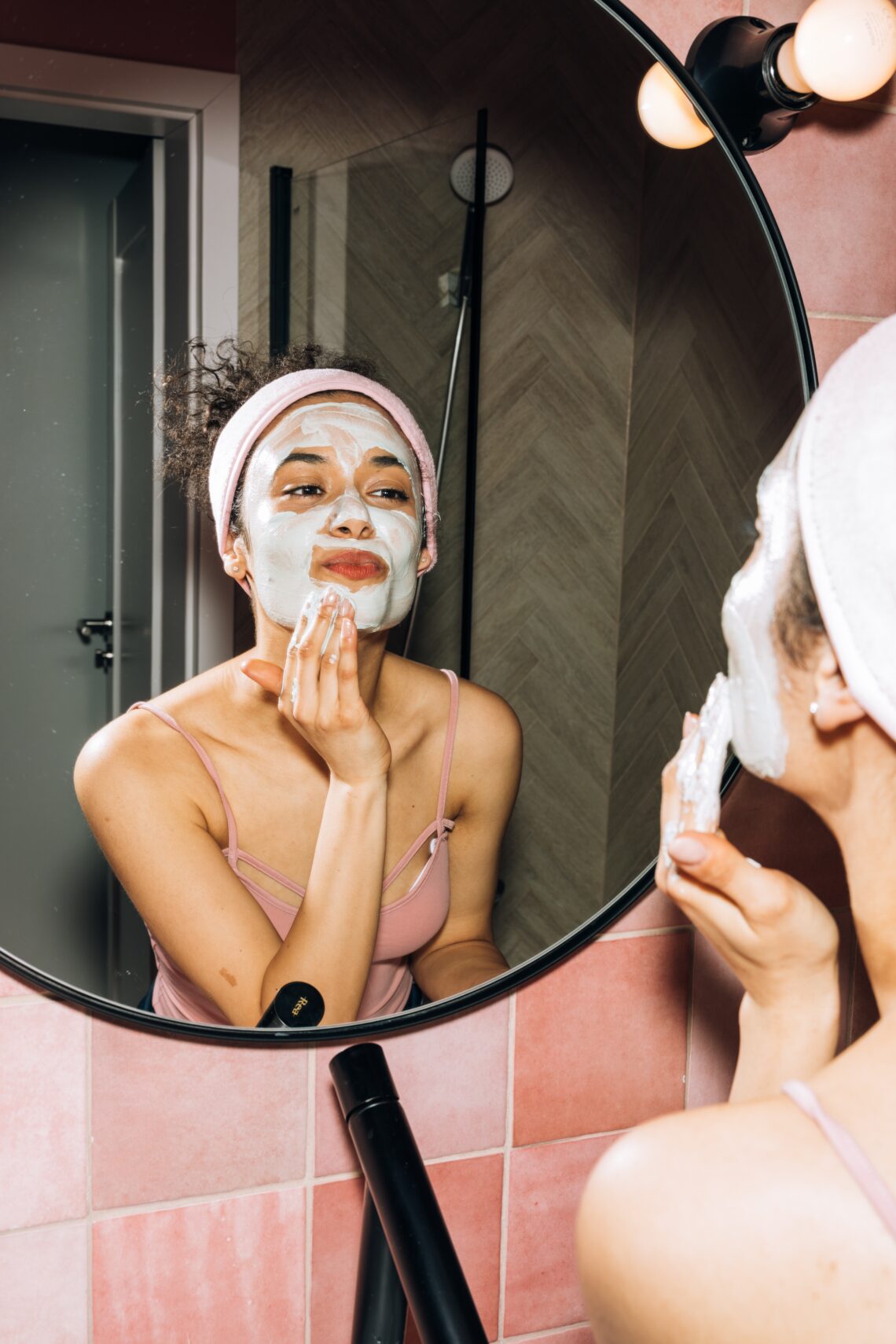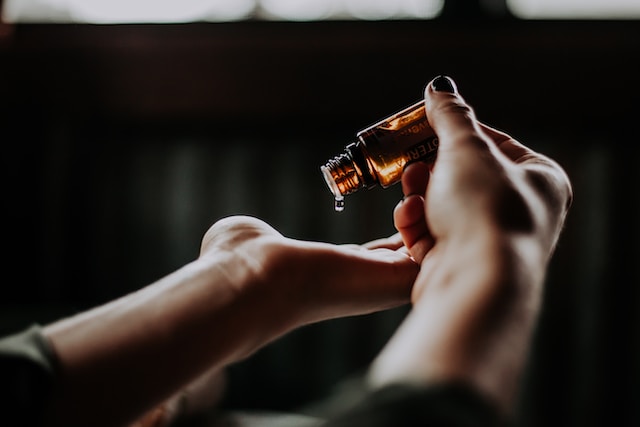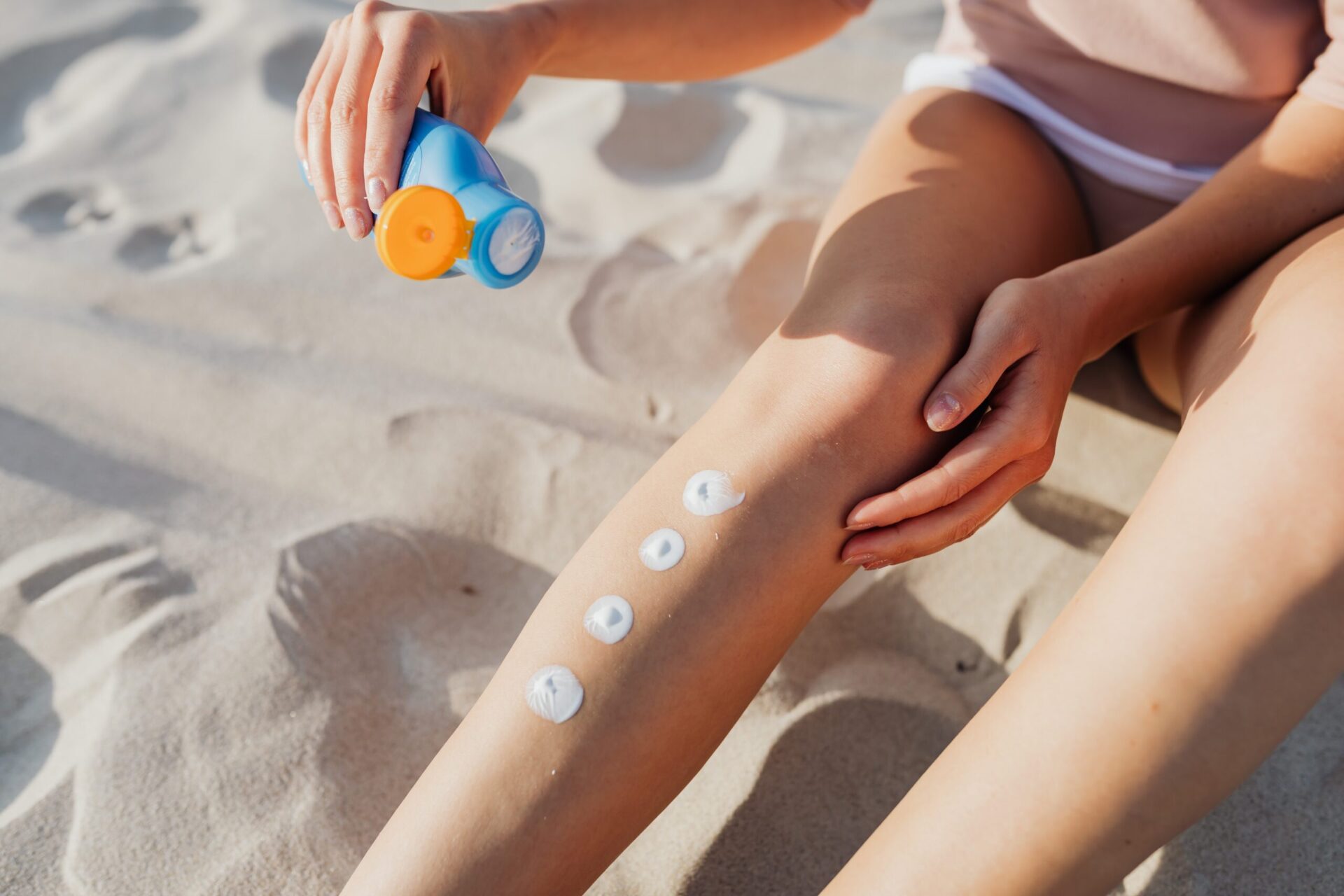
5 Myths About Skincare You Need To Stop Believing
Skincare is a topic that often comes with a multitude of myths and misconceptions. These myths can misguide us in our pursuit of healthy, radiant skin.
With an overwhelming amount of information available, it’s important to separate fact from fiction when it comes to taking care of our skin.
In this article, we will debunk five common skincare myths with scientific explanations and expert opinions that have persisted over time.
By understanding the truth behind these skincare myths, you can make informed decisions and develop a skincare routine that truly benefits your skin’s health and appearance.
Say goodbye to these misconceptions and embrace the truth about skincare!
Myth 1: Using More Products Will Give Better Results.
Reality: The belief that piling on numerous skincare products will yield superior outcomes is a myth that needs to be dispelled. While it may be tempting to think that more is better, the reality is that excessive product use can actually harm your skin.
The skin has its limitations in terms of absorption and tolerance. Using too many products can overwhelm it, leading to irritation, breakouts, and even sensitization. Instead of quantity, focus on the quality of the products you use.
Streamline your routine with essential products that target your specific skin concerns.
Myth 2: Natural Products Are Always Safe And Effective.
Reality: Many people believe that natural skin care products are inherently superior to their synthetic counterparts. However, this isn’t always the case. While natural ingredients can offer beneficial properties, it’s important to consider factors such as formulation, concentration, and compatibility with your skin type.
Not all natural ingredients are beneficial for every skin type, and some may even cause adverse reactions. It’s crucial to remember that natural doesn’t automatically mean safe.
Additionally, the term “natural” is not regulated in the skincare industry, allowing companies to make unsubstantiated claims. Regardless of where a product comes from, look for products that are supported by scientific research rather than solely relying on the term “natural.”
Myth 3: Sunscreen Is Only Necessary On Sunny Days.
Reality: Another common misconception is that sunscreen is only essential when the sun is shining brightly.
The truth is that harmful ultraviolet (UV) rays are present year-round, even on cloudy or rainy days.
UV radiation is a leading cause of premature aging, sunburns, and an increased risk of skin cancer. Therefore, incorporating sunscreen into your daily skincare routine is vital for comprehensive protection.
Opt for a broad-spectrum sunscreen with a minimum sun protection factor (SPF) of 30 and apply it generously to all exposed skin.
Additionally, the effectiveness of sunscreen depends on proper application. Remember to reapply every two hours, especially when spending prolonged periods outdoors.
Myth 4: Acne is Caused By Dirty Skin and Can Be Cured By Frequent Washing.
Reality: Acne is a complex skin condition that affects many people, and one common misconception is that it is caused by poor hygiene. Acne, on the other hand, is not solely caused by a lack of cleanliness.
While practicing good hygiene is crucial, genetics, hormones, and an abundance of sebum production also play a significant role in the development of acne. Overwashing or scrubbing the skin aggressively can actually exacerbate acne by stripping away the skin’s natural oils and disrupting its delicate balance.
Instead, adopt a gentle cleansing routine using products specifically formulated for acne-prone skin. It’s also advisable to consult with a dermatologist for personalized guidance and treatment options.
Myth 5: Exfoliating Every Day is Beneficial For The Skin.
Reality: Exfoliation is a valuable step in a skincare routine, but excessive or improper exfoliation can be harmful. Many individuals believe that exfoliating every day will result in smoother, clearer skin.
Daily exfoliation, especially with harsh scrubs or aggressive techniques, can disrupt the skin’s natural barrier, cause irritation, and lead to dryness or sensitivity.
Opt for gentle exfoliation methods, such as chemical exfoliants with AHAs or BHAs, and limit exfoliating to 2-3 times per week, depending on your skin’s tolerance.
Debunking the Myths With Scientific Explanations And Expert Opinions:
To debunk these skincare myths, it’s important to turn to scientific explanations and seek expert opinions. Dermatologists and skincare professionals emphasize the significance of evidence-based practices in skin care.
They provide insights into the mechanisms of the skin, the effects of various ingredients, and the latest advancements in skincare research.
By relying on scientific knowledge, we can debunk these myths and understand the rationale behind effective skincare practices.
Expert Advice on Proper Skincare Practices
Experts offer valuable advice on proper skincare practices based on scientific research and their expertise in the field.
Here are some general recommendations from skincare professionals to help you achieve healthy, radiant skin:
a) Know Your Skin Type:
Understanding your skin type is fundamental to selecting suitable products and treatments. Whether you have oily, dry, combination, or sensitive skin, tailored skincare approaches can address specific concerns.
b) Gentle Cleansing:
Cleansing is an essential step in any skincare routine, but it’s important to avoid harsh cleansers that can strip away the skin’s natural oils. Opt for mild, pH-balanced cleansers that effectively remove dirt, excess oil, and impurities without causing dryness or irritation.
c) Moisturize Adequately:
Hydration is key for maintaining healthy skin. Regardless of your skin type, using a moisturizer that suits your needs helps to replenish moisture, strengthen the skin barrier, and prevent water loss. Look for ingredients like hyaluronic acid and ceramides for optimal hydration.
d) Protect From The Sun:
Sun protection is vital to prevent sun damage, premature aging, and skin cancer. Apply a broad-spectrum sunscreen with an SPF of 30 or higher daily, even on cloudy days. Reapply every two hours, and don’t forget to protect vulnerable areas like the lips, ears, and neck.
e) Use Targeted Treatments:
If you have specific skin concerns such as acne, hyperpigmentation, or signs of aging, incorporating targeted treatments can be beneficial. Ingredients like retinoids, vitamin C, and niacinamide have been scientifically proven to address these concerns effectively.
f) Practice consistency:
Consistency is key when it comes to skincare. Establish a regular routine and stick to it for the best results. Give your skin time to adjust to new products, and be patient as visible improvements may take time.
g) Seek Professional Guidance:
Consulting a dermatologist or skincare professional can provide personalized advice and treatment options tailored to your specific needs. They can help address complex skin issues, recommend professional treatments, and guide you toward optimal skincare practices.
Key Takeaways
Skincare myths can be misleading and hinder our progress towards healthy and radiant skin. By debunking these myths with scientific explanations and expert opinions, we empower ourselves to make informed decisions.
Remember that using more products does not guarantee better results; quality and suitability are key. The “natural” label does not always indicate safety or efficacy; rely on scientific evidence.
Sunscreen is essential every day, regardless of the weather.
Acne is affected by a variety of factors, not just hygiene. Good genes do not exempt us from skincare practices.
By embracing expert advice and implementing proper skincare practices, we can nurture our skin, address specific concerns, and achieve optimal skin health and appearance.


You May Also Like

Timeless Beauty Tips Every Woman Should Know
2 September 2024
Secrets For Glowing Skin On a Budget
8 July 2023

